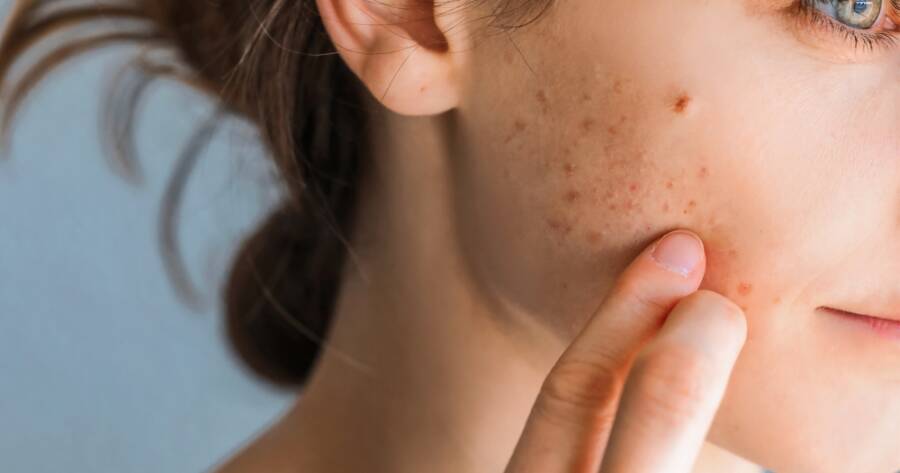Hormonal acne can be a frustrating and persistent issue for many women, often flaring up during menstrual cycles, pregnancy, or periods of heightened stress. Unlike surface-level breakouts, this type of acne stems from internal imbalances, making it more difficult to manage. Fortunately, a range of effective treatments exists that address the root causes and promote clearer, healthier skin. From lifestyle changes to targeted medications, the right approach can make a noticeable difference in your complexion.
Why Hormonal Acne Is Different
Hormonal acne is a type of acne that is caused by an imbalance of hormones in the body. This imbalance can be caused by a number of factors, including genetics, puberty, pregnancy, and menopause. Hormonal acne is most common in women, but it can also affect men. Unlike other forms of acne, hormonal acne tends to appear on the lower face and jawline, and is often accompanied by other symptoms such as oily skin, irregular periods, and excessive hair growth.
The main difference between hormonal acne and other types of acne is that it is caused by an internal imbalance, rather than external factors like bacteria or clogged pores. This means that hormonal acne is often more difficult to treat than other types of acne, as it requires addressing the underlying hormonal imbalance.
Treatment Options For Hormonal Acne
There are a number of different treatment options available for hormonal acne, including:
- Oral contraceptives: Oral contraceptives can help to regulate the hormones that cause acne. They are a common treatment for hormonal acne in women.
- Topical retinoids: Topical retinoids are applied directly to the skin and can help to reduce inflammation and unclog pores. They are often used in combination with other treatments for hormonal acne.
- Spironolactone: Spironolactone is an anti-androgen medication that can help to block the effects of testosterone, a hormone that can contribute to acne. It is often used to treat hormonal acne in women who are not able to take oral contraceptives.
In addition to these treatments, lifestyle changes can also help to improve hormonal acne. These changes include:
- Eating a healthy diet: Eating a healthy diet that is rich in fruits, vegetables, and whole grains can help to improve overall health and well-being, which can also help to improve hormonal acne.
- Managing stress: Stress can trigger hormonal imbalances that can lead to acne. Finding healthy ways to manage stress, such as exercise, yoga, or meditation, can help to improve hormonal acne.
Natural Treatments For Hormonal Acne
In addition to the treatments and lifestyle changes mentioned above, there are a number of holistic solutions that can help to improve hormonal acne. These solutions include:
- Tea Tree Oil: This essential oil can reduce inflammation and bacteria on the skin, and can often be found in skin care products that target acne.
- Alpha Hydroxy Acid: AHAs are a plant-based acid that help remove dead skin cells that may clog pores and reduce the appearance of acne scars.
- Herbal remedies: There are a number of herbal remedies that have been shown to help improve hormonal acne. These remedies include herbs such as spearmint, green tea, and licorice root.
- Acupuncture: Acupuncture is a traditional Chinese medicine practice that can help to improve hormonal balance and reduce inflammation. It can be a helpful treatment for hormonal acne.
- Probiotics: Probiotics are live bacteria that can help to improve gut health. Improving gut health can help to improve hormonal balance and reduce inflammation, which can lead to improved hormonal acne.
Take The First Step
If you are struggling with hormonal acne, there are a number of resources available to help you learn more about the condition and find the best treatment options for you. You can start by talking to your doctor or dermatologist. You can also find information from reputable sources such as the American Academy of Dermatology and the National Institute of Arthritis and Musculoskeletal and Skin Diseases. Take control of your skin and improve your overall health and well-being.
